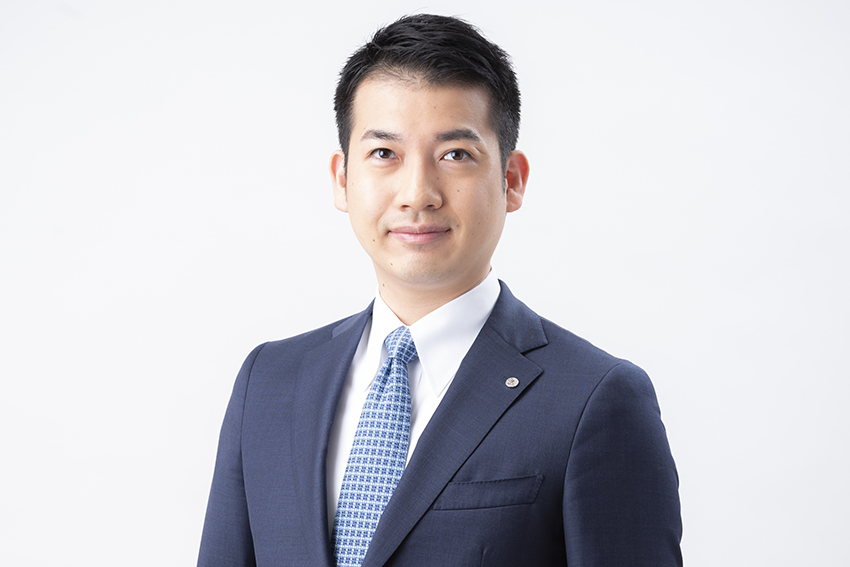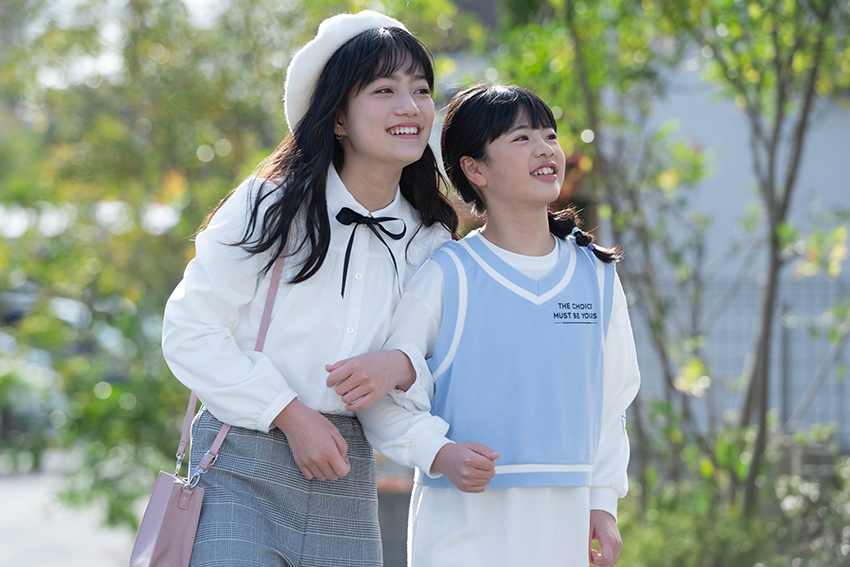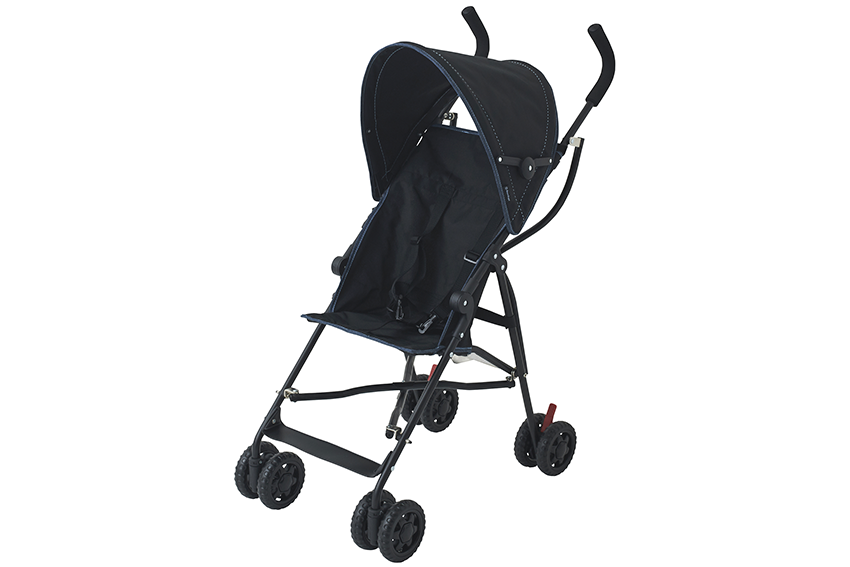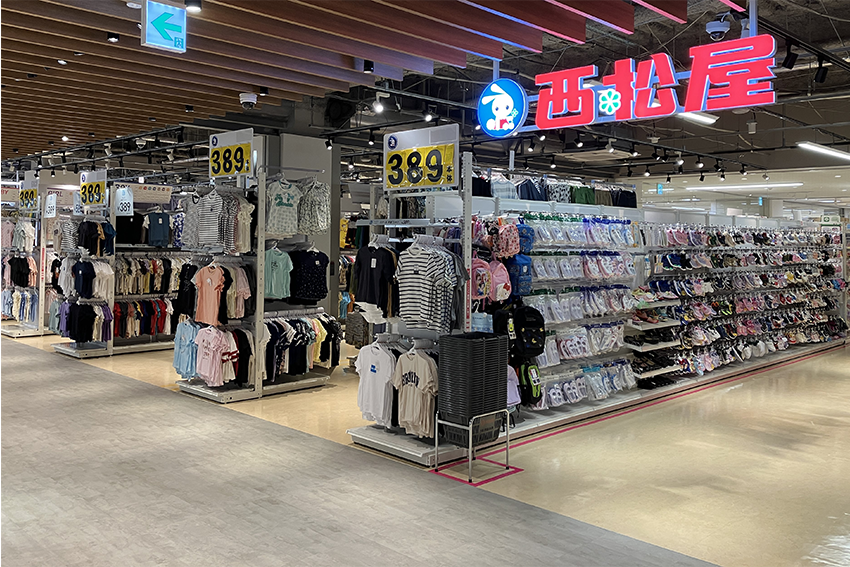For over 60 years Nishimatsuya Chain has been delighting children around the world.

Over the past 25-30 years, Japan has seen the rise of regional competitors that mimic the successful Japanese model with cheaper labor costs. However, many retail brands such as UNIQLO have found success overseas. Today, your company is one of Japan's top-ranked specialty retail chains for baby and children's products. In your market, what is the advantage of the Japanese brand and the added value it brings to customers?
Comparing our company with UNIQLO and MUJI, they are expanding globally, whereas our company is mainly doing business in Japan. In the past, many Japanese companies tried to expand globally as retailers, but only a few have succeeded in the long run. The initial global expansion was successful because the image that people in the global market had of Japanese brands was of high-quality products. However, in order to continue this success over the long term, it was necessary to add value to the local market rather than relying on the Japanese brand. One of those added values was to provide a better experience for customers in the stores. The companies that are still successful are now able to offer affordable products for their respective local markets.
The color palette of Japanese fashion is very neutral, and the designs are very minimal. Many people also believe that these designs are not seasonal. Do you agree? How do you think Japanese fashion design is perceived by the world?
Japan is a country with a wide range of cold and warm temperatures, and there are diverse types of fashions to match the seasons and temperatures. However, when it comes to color and design, most are neutral and simple. For example, if you go to Harajuku, you will see many interesting designs and exciting colors, but I think the fashion for everyday life is simple.
According to the study, Japan will face a labor shortage of 11 million workers by 2040, and by the end of the century its population will have shrunk by half. The impact of the decline in the workforce and the bottlenecks it will cause will be doubly felt in the baby and children's goods sector, forcing companies to make tough decisions. Oji Holdings made headlines this year when it announced that it would stop producing disposable baby diapers and instead shift its focus to adult diapers. What challenges has your company faced as a result of this demographic shift, and how has it responded?
The more the population declines and the birthrate declines, the more baby and child-related industries like ours will be the first to be greatly affected. Nevertheless, the size of the Japanese market for children's and baby products is approximately 2 trillion yen. Our company's sales are approximately 177 billion yen, which is only about 9% of the total market. We can grow as a company by expanding our market share. Just a 1% increase in market share would increase sales by an additional 20 billion yen.
Another approach is to broaden the age range of our target customers. When asked about our company, most people answer, "Nishimatsuya is a company that sells baby products." By offering not only apparel but also fashion goods such as bags, shoes, and hats, we will expand our target to upper elementary school students. By developing this business model, we hope to change the impression of Nishimatsuya from being a baby company to one that caters also to upper elementary school students.
You mentioned the importance of creating new market segments domestically. To what extent does internationalization or creating new market segments domestically ensure the long-term success of your company?
We are looking to develop new market segments not only in Japan but also globally. Since its founding, Nishimatsuya has adhered to the management philosophy of "Enriching the lives of families and children through the products Nishimatsuya offers." This philosophy holds true not only in the domestic market, but also overseas. We are now expanding into global markets, and this is not because of Japan's declining population. Rather, it is our passion to enrich the lives of children regardless of country.
The COVID-19 craze irreversibly changed the world, and one of those changes was the advent of online sales. Today, Japan is the fourth largest e-commerce market in the world. As a result, many B2C companies are focusing on strengthening their online presence, optimizing their digital platforms, and developing dedicated e-commerce product lines. How has your company adapted its business to take advantage of e-commerce and what strategies do you plan to implement in the future?
Physical stores are an integral part of our business model, and we currently have over 1,100 stores throughout Japan. We have expanded these stores based on the business philosophy I mentioned earlier. We started selling online about 20 years ago because online shopping removes barriers caused by regional differences. There are peaks and valleys, and running an online store is not easy. However, we have been growing recently.
In 2021, we launched an official, directly managed online store and since then, sales on that platform have been growing. Going forward, we need to grow sales both online and in our brick-and-mortar stores. For consumers, reliability is an important factor in whether or not they will shop on that platform. In this regard, many people in Japan know Nishimatsuya and understand that it is a trustworthy brand. From that perspective, Japanese consumers trust the brand and will purchase products through either channel. Offering both channels provides the convenience that consumers need. Customers can purchase products online and pick them up at a physical store instead of having them shipped to their homes.
The key to e-commerce is strong logistics. Unfortunately, in 2024, Japan will face a logistics crisis, and the anticipated loss of supply chain capacity will have catastrophic consequences: by 2030, 940 million tons will no longer be transported due to regulatory changes. Therefore, industry cooperation is needed to increase efficiency. Please elaborate on how your company is addressing this 2024 logistics crisis.
In our understanding, retailing is essentially equal to logistics. What we are always trying to focus on is logistics efficiency. We have stores all over the country, so we need a solution that delivers all of our products to our 1,100+ stores. Products are sold at the same price anywhere in the country. Reducing logistics costs has always been a challenge for us. For example, we are working on setting up optimal routes for delivery trucks and optimizing the number of deliveries.
The 2024 crisis will place many restrictions on drivers and their driving time. We are looking at using other routes, e.g. by sea, by train, etc. This would give us more transportation options. For sea transportation, we currently use the ports of Tokyo, Osaka, and Kobe, but are also considering using the ports of Sendai and Niigata.
ELFINDOLL and SmartAngel are successful private brands of your company. These brands represent your plans to diversify from baby and toddler to upper elementary school age. As a private label retailer, what challenges do you face in trying to push your brands into the marketplace?
The biggest challenge in developing a private brand was to offer a high-quality product at a low price. We tried many things in the 2000s that didn't work. around 2009, we started hiring outside talent for product development. For example, Panasonic and Sharp used to be world leaders in electronics, and their engineers had the know-how to create high-quality products. We thought that this know-how could be applied to our industry, so we brought in engineers in charge of product development. We call them merchandisers, and they are responsible for developing many of our private brand products. This has had a positive impact on our employees who are not mid-career hires. Today, about 30% of our sales come from private brands.
What are the characteristics of each private brand? What are the future goals for private brand products?
Private brands are unique to the Nishimatsuya chain: "ELFINDOLL" offers fashion items such as clothing, shoes, and hats, while "SmartAngel" offers childcare products such as strollers, diapers, and toys. All products are of high quality and low prices. We believe that by providing private brand products, we will naturally attract customers not only in Japan but also around the world. As I mentioned earlier, about 30% of our sales come from private brands, and we hope to expand this to 50% in the future.

ELFINDOLL Products for Upper Elementary School Students

SmartAngel Baby Buggy
Your company has over 1,000 stores nationwide and is primarily a B2C business. Despite this, your company's overseas business is B2B. Could you elaborate on the difference in approach between your domestic and overseas operations? Are you currently looking for B2B partners overseas?
We are able to provide high quality products to the world. We have the utmost confidence in our products. When it came to opening stores overseas, we realized that there were many things we didn't know about, such as contracts, employment, and regulations. Therefore, we decided to take a B2B approach overseas. This means that we form partnerships with local retailers who sell our products. Our business is still small, but we are still growing by about 30% every year. We have established distribution channels in more than 20 countries around the world.
We are always looking for new partners. We do not yet have a strong presence in Europe or Africa, but we would like to expand into these markets as well. We also hope to open physical stores abroad in the future. Private brands are our strength, but convenient stores that make shopping easy are also our strength. Our stores are spacious enough for families to easily browse products. When it comes to store openings, Asia may be our first.
How much opportunity do you see for appealing to visitors to Japan?
We have physical stores in areas with many inbound tourists, such as Odaiba, but at the same time we have many physical stores in areas with few inbound tourists. All of our physical stores operate the same way, and we do not do anything special at stores that are visited by many inbound tourists. Ultimately, we create stores that are easy and convenient for customers to use, no matter where they come from. We believe that by doing so, customers will naturally purchase our products. We believe that we are attracting inbound tourists to our stores even if we do not advertise specifically.

Inside Nishimatsuya
Imagine that this interview will take place again on your last day as president. What goals and dreams would you like to achieve by the time you pass the baton to the next generation of Nishimatsuya management?
I am proud to have been able to build so many stores in Japan. My dream is to have more customers around the world using Nishimatsuya products. Until now, when I introduced myself to a Japanese person I met on business or in private, saying that I am the president of the Nishimatsuya Chain, I have had many occasions when that person would say to me, "I often use Nishimatsuya because I have children," or "I used to use Nishimatsuya when my children were young. In the future, when I travel around the world, I would be happy if people I meet in each country say, "There is Nishimatsuya in my country and I use Nishimatsuya a lot.”
0 COMMENTS